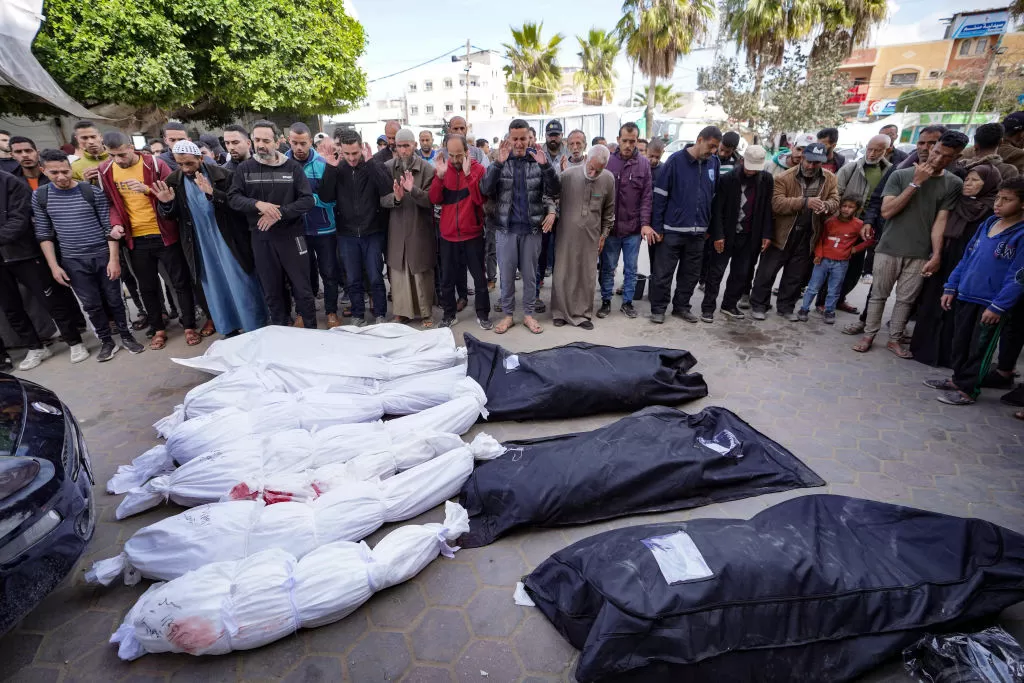The recent conflict in Gaza has once again raised concerns about the growing death toll in the region. While some have questioned the legitimacy of the numbers, a leading expert has stepped forward to explain why the death toll is in fact correct.
Dr. Sarah Ahmed, a renowned expert on Middle Eastern conflicts, has been closely monitoring the situation in Gaza. In a recent interview, she shed light on the reasons behind the rising death toll and why it should not be questioned.
Firstly, Dr. Ahmed emphasized the importance of understanding the context of the conflict. The current situation in Gaza is not an isolated event, but rather a result of long-standing political and social issues. The ongoing blockade of Gaza by Israel has severely restricted the movement of people and goods, leading to a dire humanitarian crisis. The lack of access to basic necessities such as food, water, and medical supplies has only worsened the situation. Therefore, it is crucial to understand that the high death toll in Gaza is a direct consequence of these underlying issues.
Furthermore, Dr. Ahmed pointed out that the vast majority of casualties in Gaza are civilians. This is a stark contrast to the narrative presented by some, who claim that the high death toll is a result of Hamas militants using civilians as human shields. However, Dr. Ahmed explained that the reality on the ground is quite different. The densely populated Gaza strip makes it nearly impossible for civilians to escape the crossfire, leaving them vulnerable to attacks. In fact, many of the casualties are children and innocent civilians who have no involvement in the conflict.
Moreover, Dr. Ahmed highlighted the disproportionate use of force by Israel in the conflict. While Israel has one of the most advanced and powerful militaries in the world, the people of Gaza are left with limited resources to defend themselves. This power imbalance has resulted in a significantly higher number of casualties on the Palestinian side. Dr. Ahmed stressed that it is crucial to acknowledge this fact when questioning the death toll in Gaza.
In addition, Dr. Ahmed addressed the issue of media bias and its impact on the perception of the conflict. With the rise of social media, it has become easier for individuals to share their opinions and perspectives on the conflict. However, this has also led to the spread of misinformation and biased narratives. Dr. Ahmed urged people to critically analyze the information they come across and not fall prey to one-sided and sensationalized accounts of the conflict.
Finally, Dr. Ahmed called for a more humanitarian approach to the conflict. She emphasized the need for a peaceful resolution that takes into consideration the lives and well-being of the people of Gaza. The current cycle of violence and death must come to an end, and a long-term solution must be reached.
In conclusion, the growing death toll in Gaza cannot be questioned. It is a tragic reality that must be acknowledged and addressed. Dr. Sarah Ahmed’s expertise and insights provide a much-needed understanding of the situation in Gaza. It is time for the world to come together and take action towards a peaceful resolution for the sake of the innocent lives lost in this conflict. Let us not forget the human cost of this ongoing tragedy and work towards a better future for the people of Gaza.



